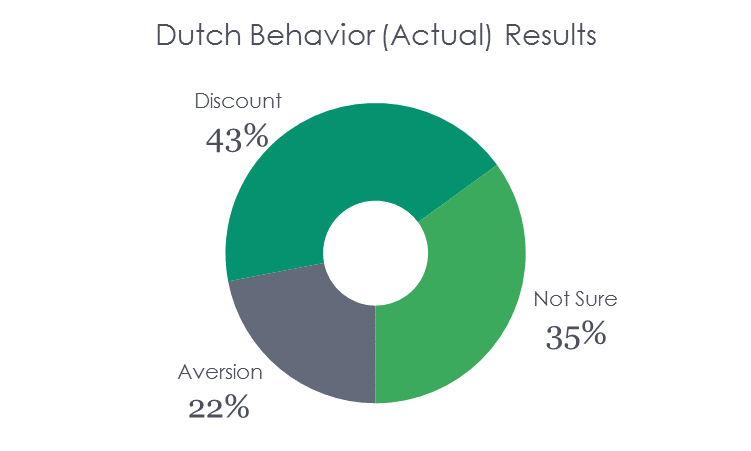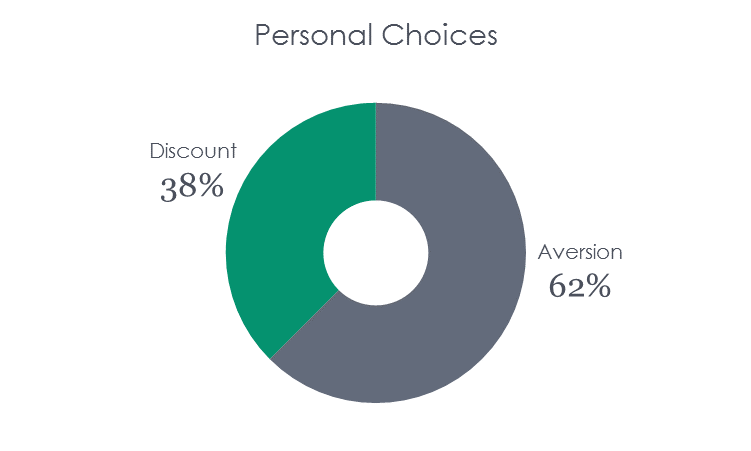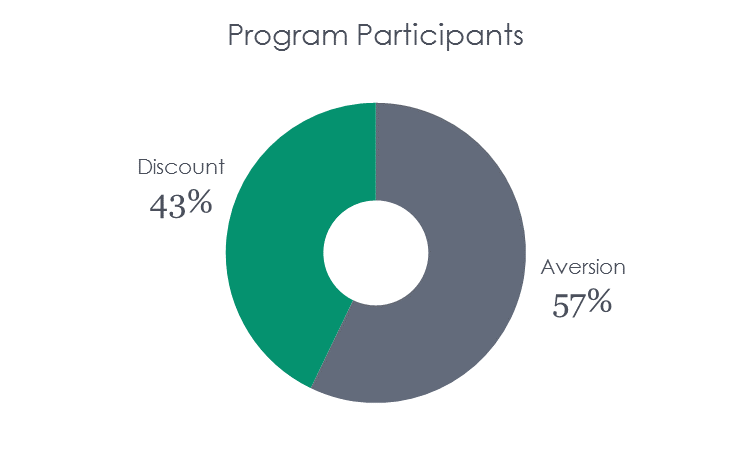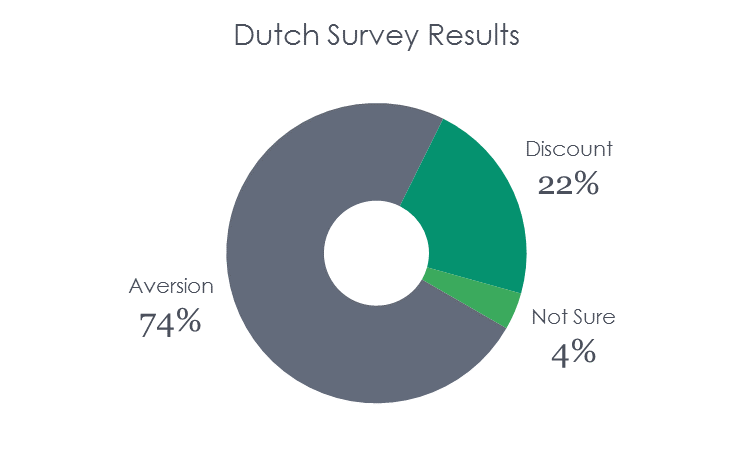
I promised two weeks ago that I would discuss the results of our survey concerning behavioral economics this week. Delivered.
Why explain something when you can just find it on the pure, and always correct, internet. Behavioral economics is defined in the graphic below, courtesy Google search.
It would be wonderful if everyone understood that nothing (nothing) comes without a cost, that the cost may be higher than one thinks, and certainly higher than the value of benefits. The following are two examples.
Health Insurance and Care
Everyone reading this has complained about healthcare between one thousand and one million times (complaining a million times is once per hour for 114 years; so I think that covers it). There are many problems with the health care system, and one is lack of behavioral economics. People pay varying amounts for insurance, but they have no idea the cost of benefits received.
I am sure a poll of insureds would reveal that most people think insurance should cover many routine things such as prescriptions and visits for a nagging sore throat. That isn’t insurance. That is a payment plan. Payment plans add to the cost of “insurance”.
Unless people can make economic choices with transparency in pricing, health care will always:
- Cost a fortune and rise at twice or more the rate of inflation or
- Be in short supply due to price controls
Tariffs
As I write this, the President and congress are considering “border taxes” (tariffs) or tariffs, on goods coming in from Mexico, and later, other countries. Even the Bernie Sanders supporters are in favor of this.
It is short sited and wrong that this will make Mexico fund the $12 billion wall on our southern border. The tariff adds to the price of stuff coming out of Mexico, and that price is borne by consumers in America. Mexico will take a competitive hit to be sure, but the price goes up and we pay.
One also needs to understand that it isn’t just ready-to-use cars and air conditioners coming from Mexico. Gobs of parts and components come from Mexico to be assembled into value-added products in the US.
Result: not only do prices rise, but job creation in the US is stunted.
Economic fact: If it is taxed, there is less of it. Period.
Consumers, by the millions, make economic choices with little or no regard to where parts came from.


Behavioral Economics Survey Results
The centerpiece of the first Behavioral Economics post was this question: Are consumers motivated more by averting loss or discounts? The survey questions from two weeks ago were as follows:
- Aside from EE programs, are you more motivated by loss aversion or by discount delight? Please give an example.
- Do you think program participants are more motivated by loss aversion or by discount delight? Explain.
First, whether I pay more for convenience or less for a hassle makes no difference. I understand supply, demand, and that nothing is free. No emotion. Cold facts.
The charts on the left show the survey results of our readers. Interestingly, a substantial number of choices flipped when projecting how others think versus themselves. In sum, the flip-flops mostly cancelled one another, and the results are nearly the same.
I will come back to programs later. Thank you, readers who participated in this little experiment. And we didn’t forget, winners were awarded last week.
Deep Thoughts of the Irrational Mind
As noted two weeks ago, the Dutch study on which The Wall Street Journal article reported, stated that 74% of respondents considered surcharges bad or very bad, while only 22% regarded discounts as good or very good. Loss aversion dominates, claims the irrational mind.
The article points out that surcharges are rampant in one of two scenarios: (1) when there is no alternative, like online purchases, or (2) for non-repeat customers. I recognized the latter long ago when looking at hotel and car rental receipts. Whoa –the taxes and surcharges are piled on, especially car rentals! Local governments and tourism agencies can gouge because who is going to cancel a trip because these surcharges raise the car rental price by 50%? The article goes on to say that surcharges are often far above actual cost. Touché.
Back to the Dutch study: even though more people claim to be motivated by loss aversion, consistent with our survey results, they act on discounts more readily (43%) compared to surcharges (22%). The irrational mind is a hypocrite to itself.
Conclusion: people just like to complain.


Efficiency Programs
If this topic doesn’t interest you, you are probably not “in to” selling or promoting efficiency, and I have no idea why you are reading this.
There is plenty on this topic to fill another Rant, but I will leave off with this twister: Retro-commissioning, aka RCx, is one of our flagship programs. One survey participant indicated RCx program participants are motivated by loss aversion. I can’t argue with that, but some customers are so loss averse, they are unwilling to spend any money to avoid the loss. This leads me to my closing remark:
The net to gross[1] for RCx is 1.0000000000. The only reason customers spend money is to save energy. And, if it is such a no brainer, that they would have done it anyway, then why wasn’t it done?
I rest my case.





